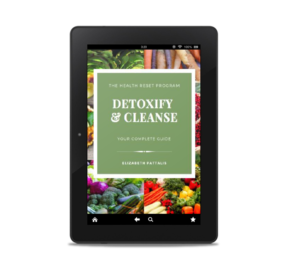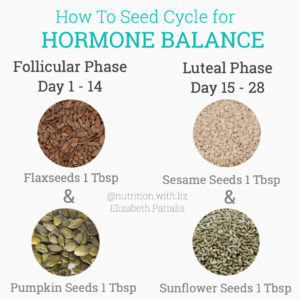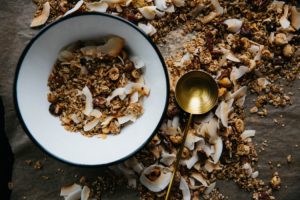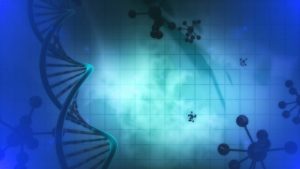What is a good detox program?
- It recommends removing highly processed foods and foods which are more likely to cause negative reactions in the body such as dairy, gluten and red meat.
- It encourages eating foods that help the organs involved in detoxification such as broccoli and cabbage for the liver, or fibre foods for the bowels.
- It will help reduce the likelihood of a leaky gut and improve the gut microbiome.
- It will further encourage the eating of foods that are high in antioxidants. This helps reduce oxidative stress and inflammation.
- It may recommend specific nutrients known to boost liver or kidney function.
- It will go beyond diet and address lifestyle. Lifestyle choices can support detoxification, the most obvious being exercise or they can hinder it such as poor sleep habits.
- It will teach the person how to avoid and minimise toxins. For example, in reducing your toxic exposure you would want to be avoiding Teflon nonstick pans and instead opt for stainless steel or glass.
A good program isn’t a program that is focused on deprivation, it is about adding to your health in conjunction with educating.






